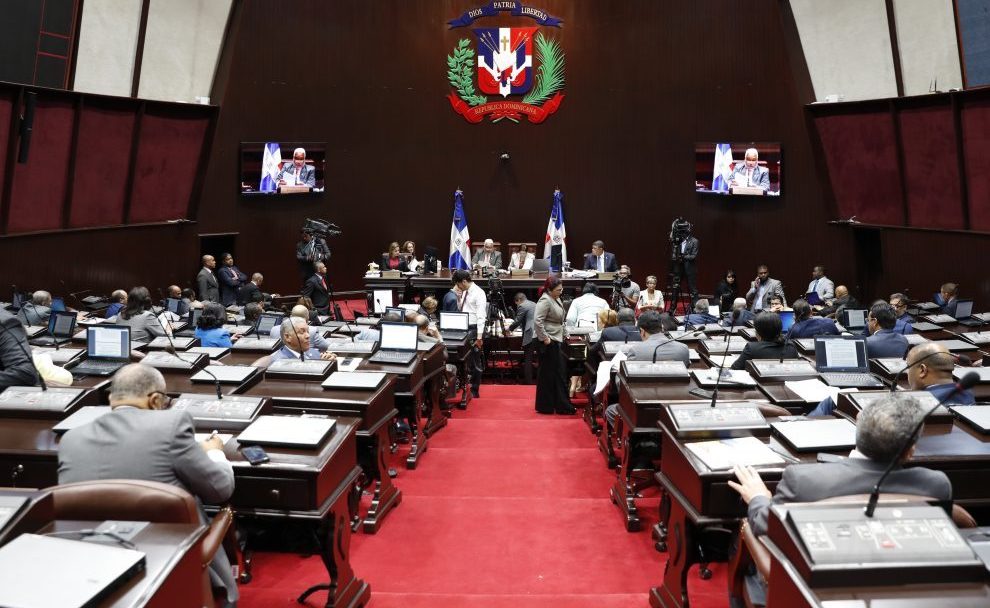RIO DE JANEIRO, BRAZIL – The Chamber of Deputies of the Dominican Republic approved on Tuesday, in the second reading, the new Penal Code, which decriminalizes abortion in a single exception – when the life of the mother is at risk.
The text was approved, with 128 votes in favor and 13 against, without modifications in the abortion issue, the most controversial of the project, with respect to the text approved by the deputies in the first reading last April 28.

The Penal Code will now pass to the Senate, where no substantial changes are expected to the bill, which will replace the current Penal Code, dating from 1884.
Before the vote, the president of the Chamber of Deputies, Alfredo Pacheco, said that the norm would constitute “a new penal instrument for the country to begin the path of modernization of its criminal justice system.”
In Tuesday’s vote, opposition deputy Ivannia Rivera of the Dominican Liberation Party (PLD) proposed a modification so that the text would allow abortion in three cases, as demanded by feminists. Still, the motion was widely defeated by 38 votes in favor and 99 against.
Read also: Check out our coverage on the Dominican Republic
Women’s rights groups are demanding that abortion be decriminalized in rape or incest, in the risk to the mother’s life, and in the case of a malformation of the fetus incompatible with life outside the womb.
Feminists also question the wording of the article that will allow abortion in the case of risk to the mother’s life since it only allows the pregnancy to be terminated if first “all available scientific and technical means are exhausted to the extent possible.”
According to the approved text, women who have an abortion will serve from one to two years in prison, while the penalties for doctors and nurses vary from two to three years and can reach up to ten years in the case of the woman’s death in labor.
A committee of deputies has also begun to debate a specific bill on the decriminalization of abortion in three cases.
President Luis Abinader has announced that he intends to submit the question to a referendum, something which is rejected by feminists as a question of human rights, not of public opinion.
Apart from the abortion issue, the new Penal Code will include 69 new criminal offenses, including corruption, which will be punished “with harsh penalties”, according to Pacheco.

